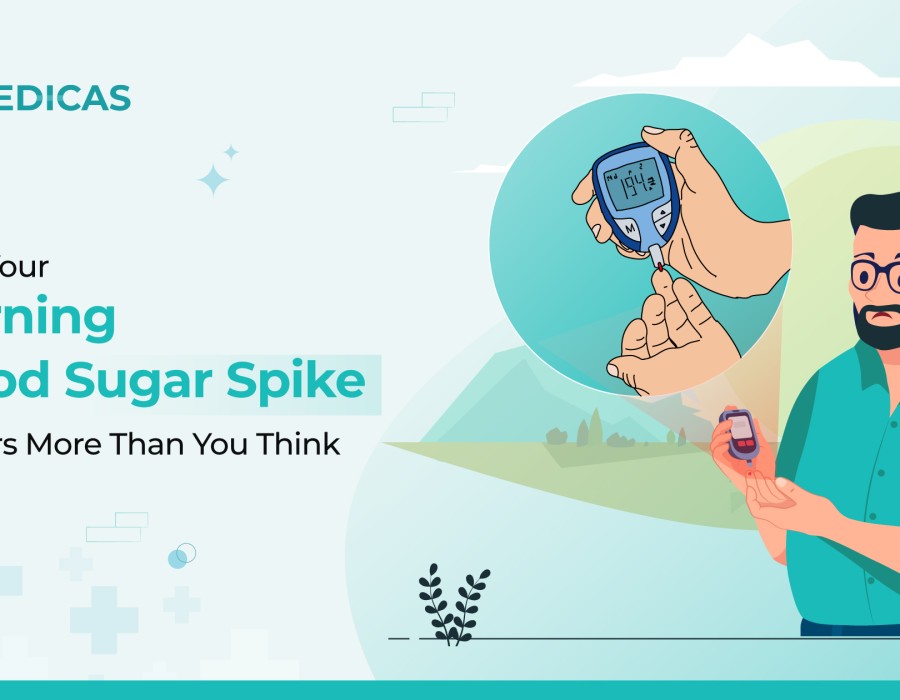Your morning blood sugar is more than just a number on your glucometer—it’s a key indicator of how your body is managing glucose and can influence your energy, mood, and health for the rest of the day. Whether you’re living with diabetes, have prediabetes, or simply want to keep your blood sugar in check, understanding the link between your morning routine and glucose levels is essential.
What Is Morning Blood Sugar?
Morning blood sugar, also known as fasting blood sugar, is measured after 8 or more hours without eating. It reflects how your body regulates glucose overnight and is a crucial marker for overall metabolic health.
General fasting blood sugar ranges:
- Normal: 70–99 mg/dL
- Prediabetes: 100–125 mg/dL
- Diabetes: 126 mg/dL or higher (on two separate tests)
Why Morning Blood Sugar Matters
Your early readings can reveal:
- How effectively your body manages glucose without food.
- If hormonal changes like the dawn phenomenon (a surge of cortisol and other hormones before waking) are affecting your levels.
- Early warning signs of insulin resistance or diabetes.
High fasting sugar isn’t just an overnight issue—it can set a higher baseline for the rest of your day, making it harder to control post-meal spikes.
Morning Habits That Influence Blood Sugar
- Sleep Quality & Wake Time
- Poor or inconsistent sleep can raise cortisol, leading to higher fasting glucose.
- Aim for 7–8 hours of quality sleep and try to wake up at the same time daily.
- Breakfast Choices
- Skipping breakfast can cause exaggerated glucose spikes at your next meal.
- Choose protein-rich, high-fibre options like eggs, paneer, oats, or unsweetened yoghurt.
- Hydration
- Drinking water upon waking helps your kidneys flush excess glucose.
- Physical Activity
- Light morning exercise, such as a 15–20 minute walk or yoga, improves insulin sensitivity and glucose uptake.
- Stress Levels
- Morning stress boosts cortisol, which raises blood sugar. Incorporate breathing exercises, meditation, or stretching to start your day calmly.
Best Time to Check Your Morning Blood Sugar
For accuracy:
- Test within 10–15 minutes of waking and before eating or drinking.
- Use the same meter and keep your pre-bed habits consistent for reliable comparisons.
When to Seek Medical Advice
Consult a doctor or diabetologist if:
- Morning readings are consistently above 130–140 mg/dL despite healthy lifestyle changes.
- You notice symptoms such as frequent urination, unusual thirst, blurred vision, or slow-healing wounds.
Bottom Line
Your morning routine—from how you sleep to what you eat—directly affects your blood sugar for the entire day. Small, consistent changes can help you maintain healthier glucose levels, reduce long-term risks, and improve your overall well-being.
🔗 Read more expert advice on Medicas
If you want, I can also make this article SEO-optimised so it performs better on search engines and drives more traffic. That way, you can target people searching for terms like “fasting blood sugar high in the morning” or “how to lower morning sugar”.





Comments